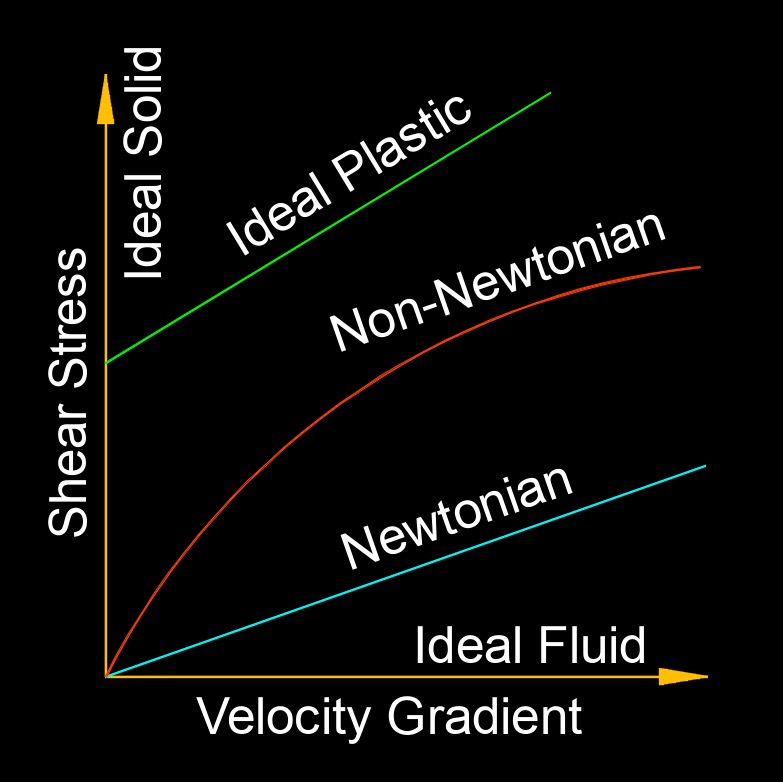Fluid Dynamics
Physics Fluid dynamics is a branch of physics and engineering that studies the behavior of fluids, liquids and gases in motion or at rest. It explores how fluids interact with their surroundings, including forces like pressure, velocity, and viscosity, and how these interactions influence phenomena such as flow patterns, turbulence, and wave propagation. Governed by fundamental principles like conservation of mass, momentum, and energy, fluid dynamics is described mathematically by equations such as the Navier-Stokes equations, which model complex fluid behaviors.
Fluid dynamics is a branch of physics and engineering that studies the behavior of fluids, liquids and gases in motion or at rest. It explores how fluids interact with their surroundings, including forces like pressure, velocity, and viscosity, and how these interactions influence phenomena such as flow patterns, turbulence, and wave propagation. Governed by fundamental principles like conservation of mass, momentum, and energy, fluid dynamics is described mathematically by equations such as the Navier-Stokes equations, which model complex fluid behaviors.
| Physics |
Fluid dynamics has many practical applications in engineering, including the design of aircraft, ships, and automobiles, the design of fluid delivery systems, and the development of energy efficient technologies. It is also important in a wide range of scientific fields, including meteorology, oceanography, and geology, as well as in the study of the behavior of fluids in the human body.
- See Articles - List of Tags / List of Categories / List of Articles / List of Glossaries / Nomenclature and Symbols / (See Fluid Dynamics Glossary)
 Fluid Classification
Fluid Classification

